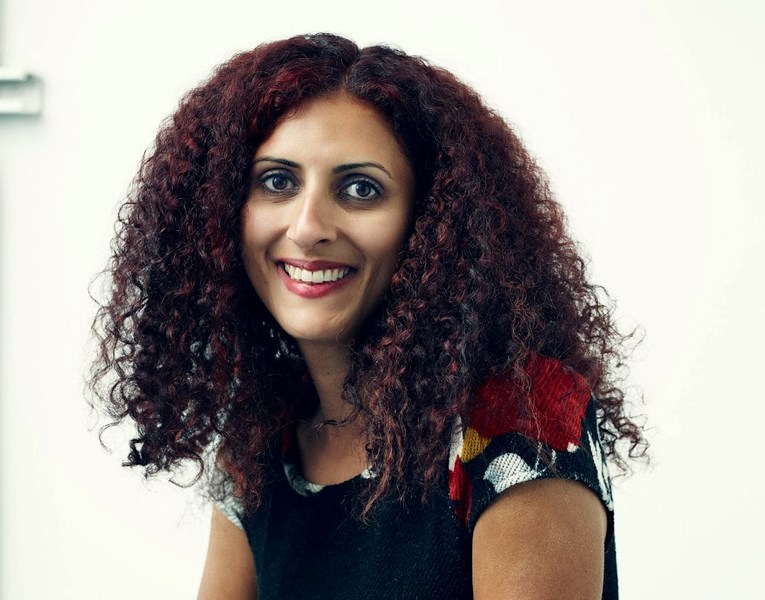Priscila Uppal’s father drank contaminated water in Antigua in 1977 and within 48 hours became quadriplegic. Uppal was two years old at the time.
Five years later, Uppal’s mother abandoned the family and returned to her native Brazil.
After 20 years of estrangement, Uppal stumbled upon her mother’s website, which included a photo of Uppal and her brother.
She summoned the courage to contact her mother and the university professor and writer applied for funding to write a book and flew to Brazil. “She thanked a number of her cancer doctors [on her website],” Uppal said. “I thought I’m being told this is the time to go.”
Uppal always had it in the back of her mind that she’d write a book about trying to find her mother.
“I’m fascinated about how people grieve and mourn,” she said. “I wrote my PhD on that subject, on poetry about grief, but I’m particularly fascinated by how do you grieve for things that are still alive? How do you grieve for people who are absent?”
Their reunion didn’t go so well.
Uppal lays her experience bare in her 2013 memoir Projection: Encounters with my Runaway Mother, which was a finalist for both the Governor General’s Literary Award for Non-Fiction and the Hilary Weston Prize for Non-Fiction.
She has written poetry about her mother and a play, 6 Essential Questions, which is loosely based on her memoir.
Uppal returns to Vancouver from Toronto next month to appear at the Indian Summer Festival, in an event called One Life Isn’t Enough, July 4.
Alongside poet Renee Saklikar, who wrote a book-length “docu poem,” titled “children of air india,” Uppal will discuss families, adaptation and loss and how one medium or one life may not be enough to gather it all.
Sirish Roa, artistic director of the festival, which runs July 3 to 12, said he wanted to include Uppal because “she’s a brilliant thinker and writer.”
Uppal approaches her reunion with her estranged mother like an analytical researcher in her memoir. She says this incensed a few reviewers, but mostly drew positive responses from readers. “Everyone seems to have mother issues out there,” she said. “There are a number of people out there who’ve been abandoned by their mothers and it’s something that doesn’t get discussed very much… So there end up being a lot of people in the audience who are just grateful that there’s a book out there for them.”
Uppal adopts voices of various relatives in her poetry about her mother. Her memoir is unsentimental and her play expresses what the reunion felt like.
Uppal will appear at the festival’s opening gala at Dr. Sun Yat-Sen Classical Chinese Garden, July 3, and Passages: Cultural Legacies of the Komagata Maru, a jazz, poetry and visual art event at the Museum of Vancouver, July 6.
For Passages, Uppal is adapting the Old English poem “The Wanderer” for the new millennium.
“There’s something about his homelessness and his distress at human destruction and the planet that I’ve always felt is incredibly contemporary,” she said.
According to Rao, the Indian Summer Festival is expanding the idea of what Asia is. “We’re pulling in Iran, China and even First Nations artists and writers into this year’s festival,” he said. Festivities include performances, exhibitions, talks, screenings, tastings and laughing yoga classes organized in the spirit of cross-cultural exchange. One of the talks will feature the Dabbawalas of Mumbai, who deliver 350,000 lunch boxes from home to office.
“When you look at ideas at the core of things, then it really opens the world up to you and that’s what we’d like to do with the festival,” Rao said.
For more information, see indiansummerfestival.ca.


